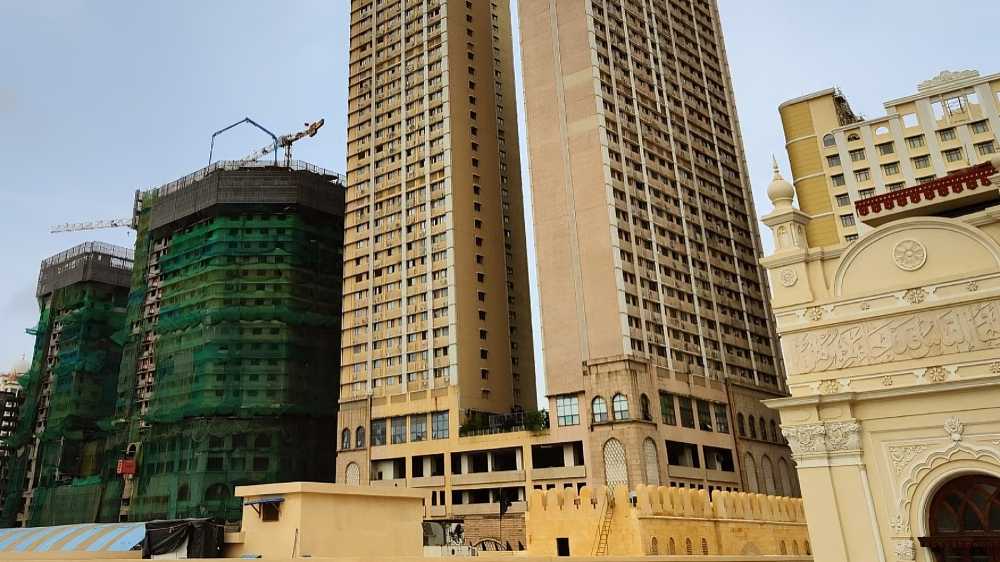July 25, 2025: Bhendi Bazaar, one of South Mumbai’s oldest and most congested neighbourhoods, is undergoing a remarkable transformation — positioning itself as a benchmark for sustainable, future-ready urban redevelopment.
Driven by the Saifee Burhani Upliftment Trust (SBUT), the ongoing redevelopment integrates eco-conscious features such as electric vehicle (EV) charging stations, solar power generation, and advanced waste and water management systems. This makes it the first historic precinct of its scale in Mumbai to incorporate such infrastructure.
The recently completed Al Ezz tower includes parking bays fitted with EV charging stations, accommodating 40–50 two-wheelers and 10–20 four-wheelers. “This is not merely a facelift — it’s a complete reimagining of what a historic urban environment can become,” said an SBUT spokesperson. “EV integration was a key element in the planning, not an afterthought.”
Beyond electric mobility, the project also places strong emphasis on renewable energy. Rooftop solar panels installed across the development are expected to generate more than 600 kW of electricity, reducing dependence on conventional power sources.
Further sustainability measures include rainwater harvesting systems, sewage treatment facilities, and organic waste converters — all aimed at promoting circular resource use and responsible urban living.
Another major component of the redevelopment is the redesign of the internal road network. Formerly narrow and overcrowded alleyways have been widened to 18 metres, accommodating both vehicular and pedestrian movement. These redesigned streets are tailored to support EVs, shared mobility solutions, and safer public spaces.
Bhendi Bazaar’s transformation reflects a broader shift towards greener, smarter urban living, combining heritage conservation with next-generation infrastructure — a model other congested urban zones may soon follow.
Source: The Free Press Journal





